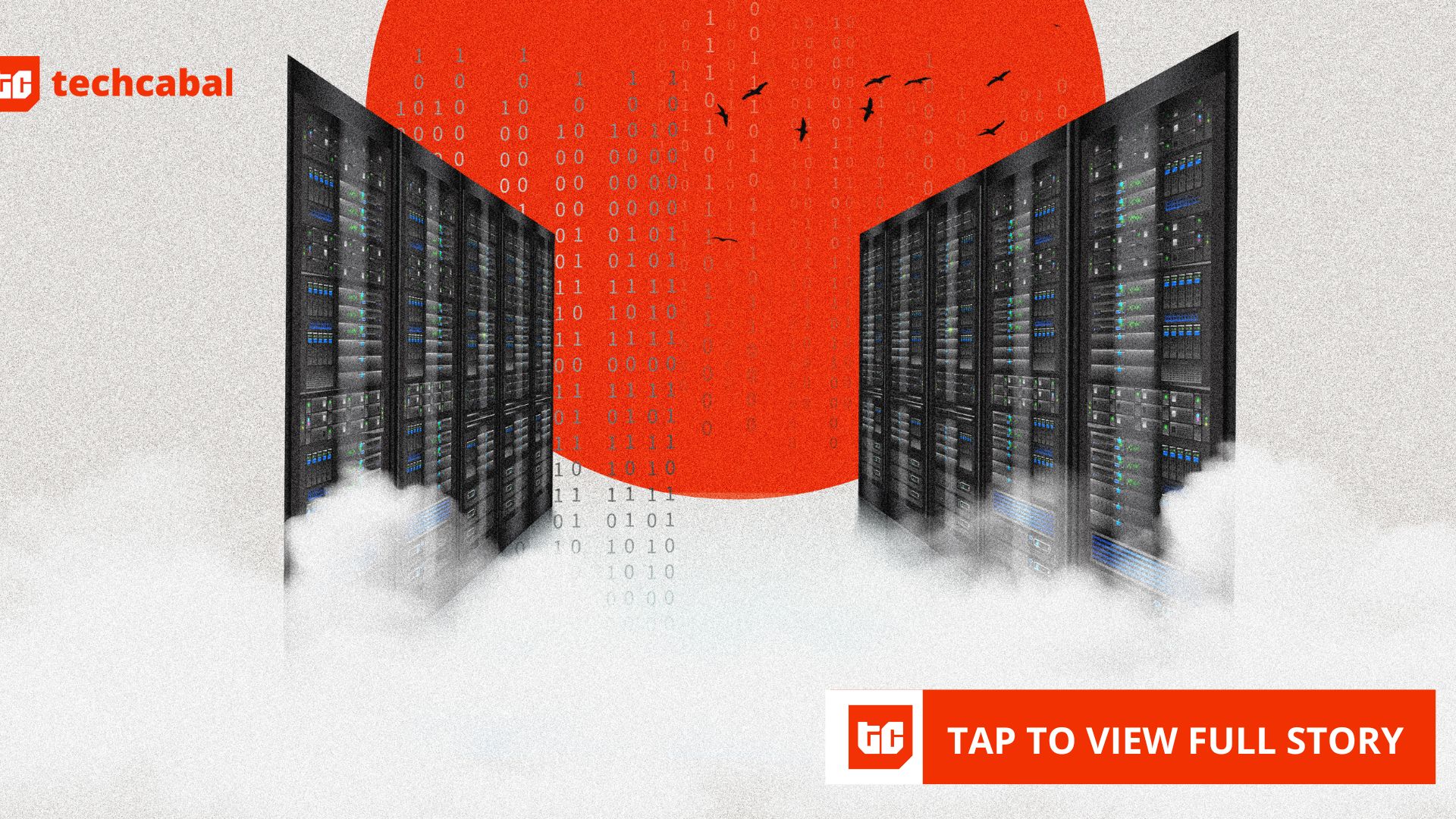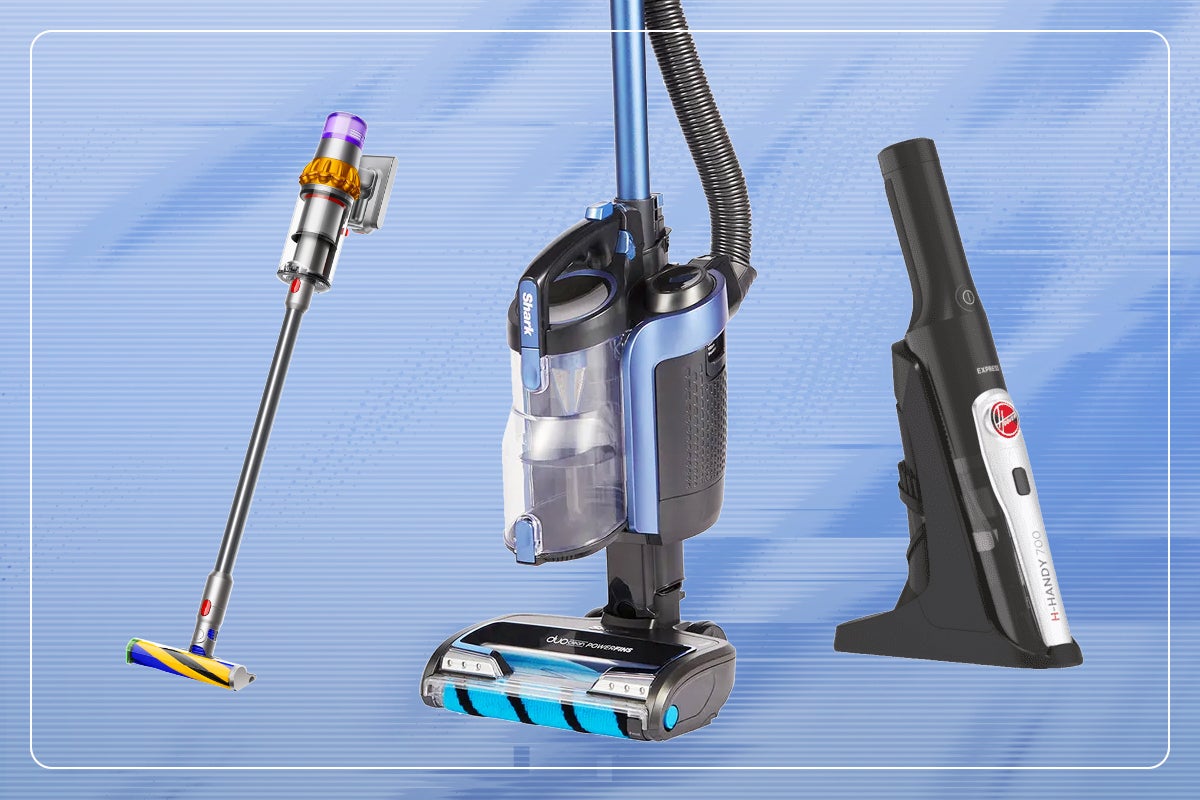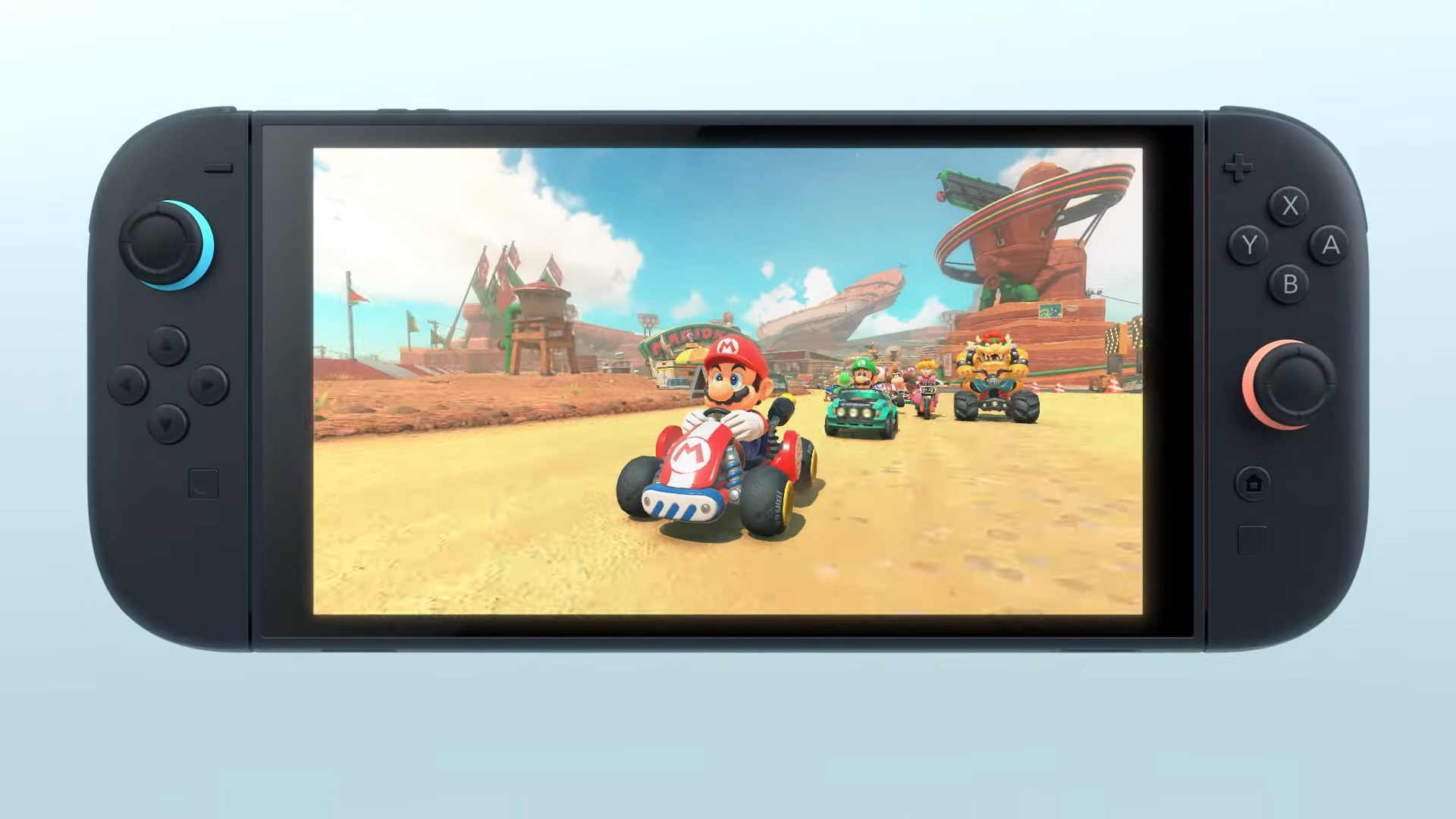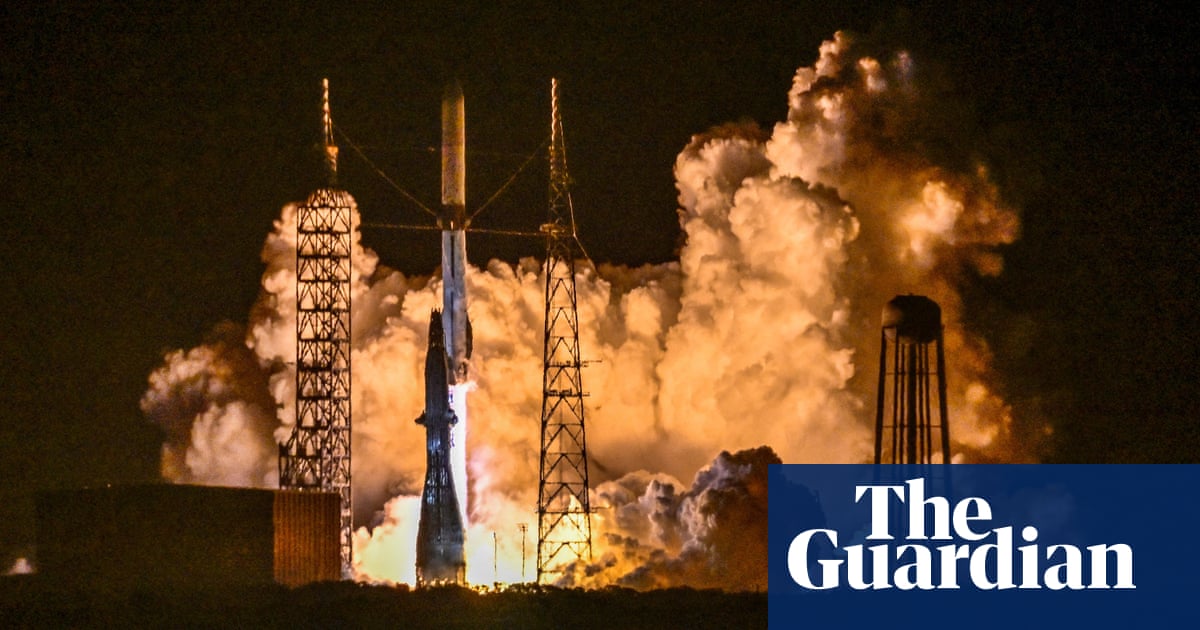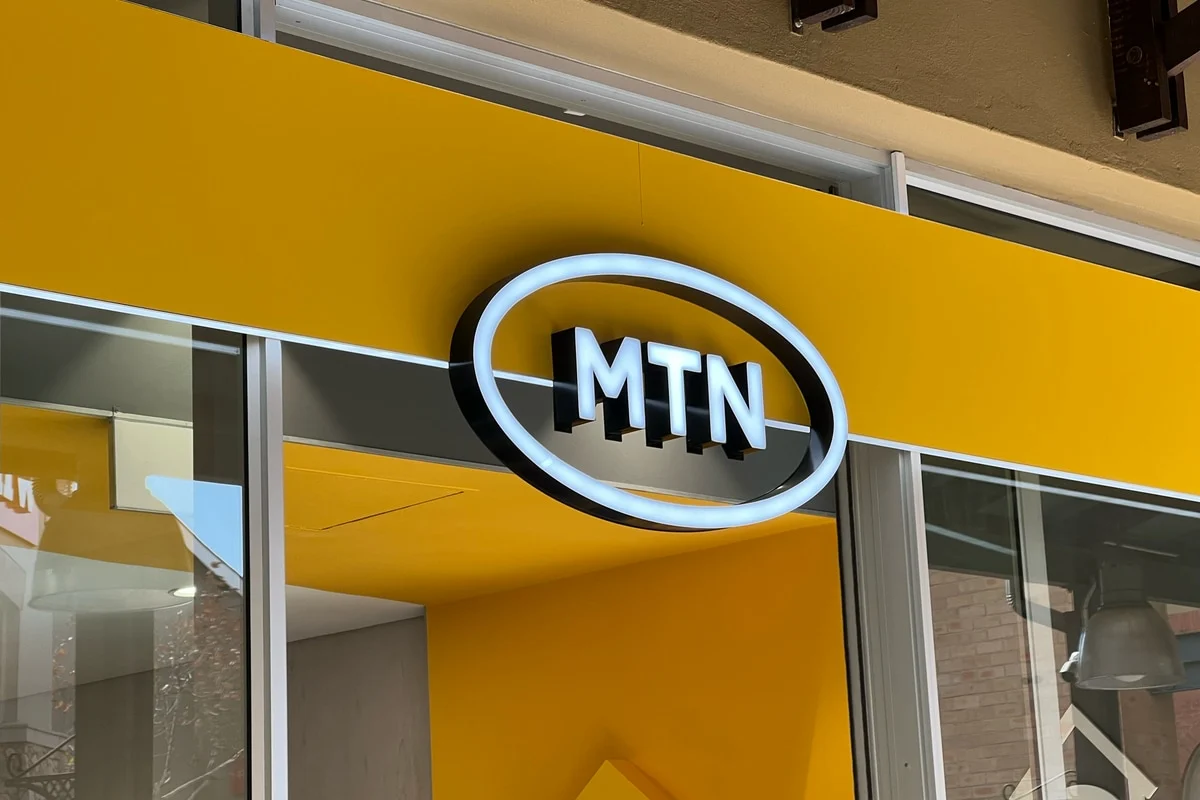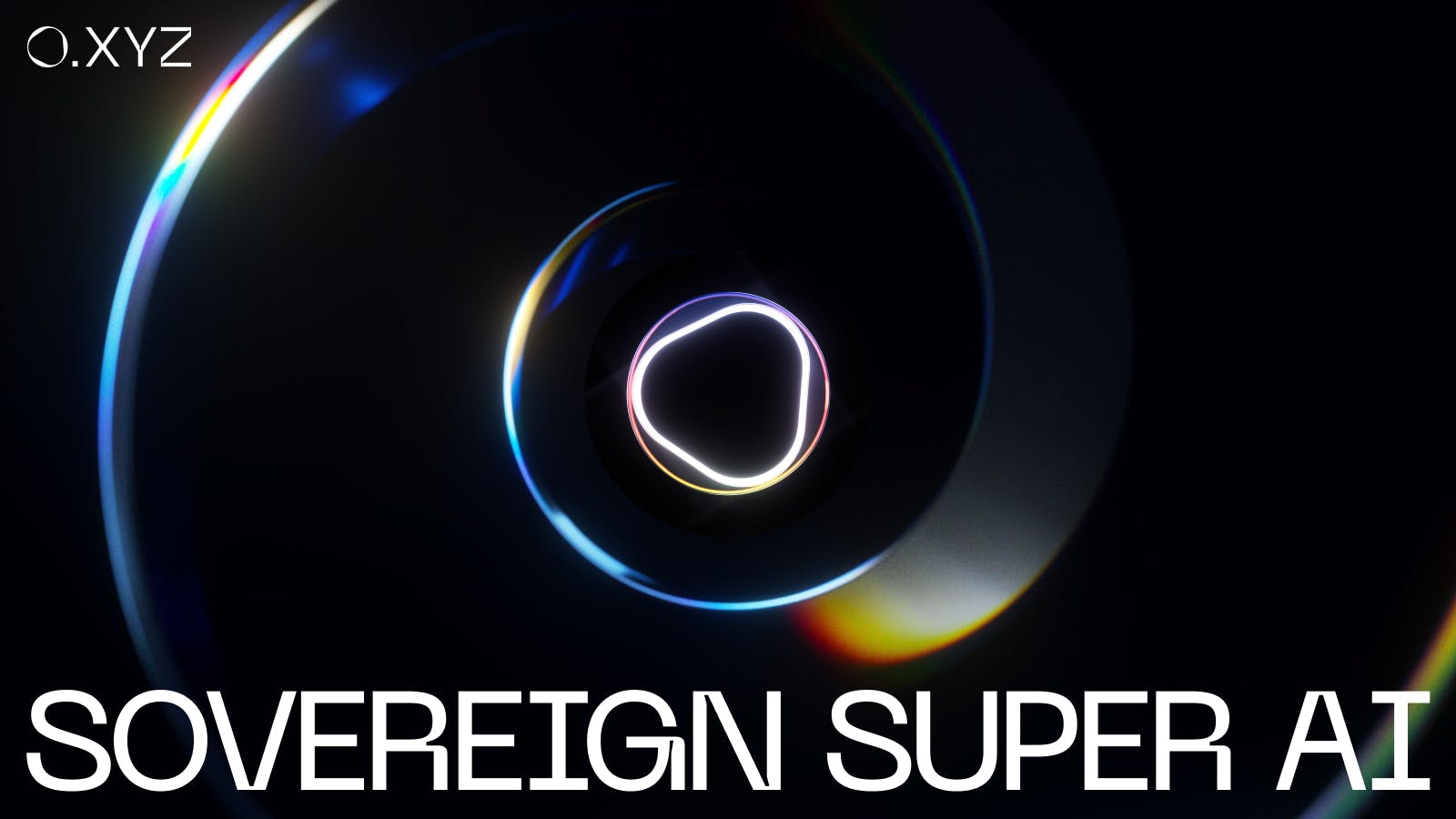Equinix, the world’s largest global data center and colocation provider, has completed the post-acquisition integration of Nigeria’s MainOne following a $320 million acquisition in 2022.
Post-merger integrations combine and rearrange two entities’ assets, resources, and people to ensure that the efficiencies that motivated the merger/acquisition can be realized.
“Equinix is a 25-year-old business and publicly quoted. So there is a process they work with that we don’t apply here,” said a MainOne employee who asked not to be named so they could speak freely.
As part of that integration, employees received new employment contracts. While those contracts saw employees receive a pay bump, it was not as significant as they expected, two people with direct knowledge of the matter said. Those differences in expectations caused employees to delay signing the new contracts.
Another person with direct knowledge of the matter claimed the pay increase would only be reflected in March 2025, when the company closes its books for the year, and cited an internal survey that showed that a section of employees were unimpressed with their pay packages.
“What they are paying us is fair,” another MainOne employee said, noting that the salaries remained in naira but not sharing other specifics.
The integration took nearly two years because of workload migration-the process of moving applications, data, and IT processes from across environments, two persons said.
This can involve shifting resources between physical servers, virtual machines, or even across different infrastructures, such as from on-premise data centers to cloud platforms.
“Sometimes it takes that long to integrate systems. There are many factors to consider: the size of organisations, the difference between their product portfolio, pricing, operation support system, and business support system that they run,” one telecom industry executive who asked not to be named told .
MainOne declined to comment on any part of this article.
Integration is usually the next necessary step after an acquisition. This often requires a post-merger integration team from both companies to determine what needs integration – like corporate culture and people, operations and processes, technology and IT systems – and how to do it. A post-acquisition integration can take as long as one to three years, depending on when the team determines how to execute the integration blueprint without disrupting operational efficiency.
This has been the story of most acquisitions involving companies such as Econet, which was sold to Vodacom and struggled with corporate alignment until it was sold to Celtel which later sold it to Zain, and finally to Airtel.
9mobile, acquired by LH Telecom, is also undergoing post-acquisition integration, and data centre operator Medallion was acquired by Digital Reality in 2021.
MainOne will keep its brand as “MainOne, Solutions by Equinix,” while its data center division, formerly MDXi, will now operate under the Equinix name. Funke Opeke remains the company’s overall managing director, and the MDXi leaders will continue to lead the data center business. A gradual integration of Equinix’s global culture is expected.
The changes establish Equinix as one of the prominent operators in the Nigerian cable and data centre markets, a position the company occupied since it entered the market in January 2010 when it landed its submarine cable in Lagos. MainOne, Solutions by Equinix will continue to focus on the internet service provision and cable business as a department under the Equinix group.
Equinix will launch three major data center projectsm, including an interconnection hub in Victoria Island, scheduled for completion in 2025, a 1000+ rack capacity data center in Lekki slated for 2026, and a data centre in Port Harcourt, where construction has already begun following the landing of Meta’s 2Africa submarine cable.
This expansion is timely, as Nigeria is seeing growing demand for data centers to utilize the capacity of its eight submarine cables. The country has 14 data centers with a combined capacity of under 70 megawatts. Other operators, including Rack Centre, Medallion, and Open Access Data Centre (OADC), are also building larger data centres.
Telecom giants like MTN and Airtel have announced plans to enter the data center market, creating a more competitive environment for hosting services.
“I think it is a good buy for Equinix – safe entry into a large market where their global customers already have a presence so makes it easier to serve them,” the telecom industry executive said.
Equinix is enhancing its fiber network in Nigeria, with metro fiber already in place in Akwa Ibom. The company is now extending this fiber capacity through the 2Africa cable to Port Harcourt in Rivers State, where it will connect to the newly planned data center. There are plans to connect the entire South-South region using fibre cables.
MDXi operated two data centers in Lagos, which are now fully controlled by Equinix. These centers will be interconnected with Equinix’s global network of 260 data centers across 71 cities in 33 countries. This interconnectivity enables seamless data sharing, content delivery, and backup redundancy through Data Center Interconnect (DCI) technology, allowing for the movement of data across distances, whether within Nigeria or over long transoceanic routes like the Pacific or Atlantic.
Nigeria marked Equinix’s first venture into the African market in 2022, and the company has since expanded to South Africa, where it will launch a new data center in Johannesburg on October 23, 2024.

